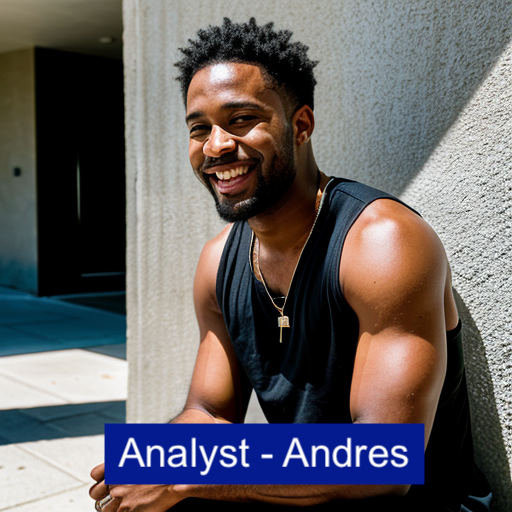The recent decision by a Russian court to jail playwright Yevgenia Berkovich and theatre director Svetlana Petrichuk over their production of the play “The Brave Falcon Finist” has sparked outrage and fear among members of the artistic community in the country. The six-year sentence for “justifying terrorism” not only raises concerns about freedom of expression but also sends a chilling message to artists and creators who dare to address sensitive and controversial topics in their work.
The play, loosely based on real events of Russian women marrying members of the Islamic State group in Syria, was intended to shed light on the issue of terrorism and its impact on individuals and societies. However, the court’s ruling suggests that the mere portrayal of such themes can be interpreted as endorsement or justification of terrorism, paving the way for increased censorship and self-censorship in the arts scene.
The prosecution’s argument that the play contained “signs of justification of terrorism” underscores the growing pressure on artists to adhere to state-sanctioned narratives and avoid any content that might be deemed critical or subversive. The ban on the women from “administering websites” further limits their ability to engage with digital platforms and share their creative work with a wider audience.
The defense lawyer’s vow to appeal the verdict highlights the ongoing struggle for artistic freedom in Russia, where the boundaries of expression are becoming increasingly blurred and arbitrary. The lack of transparency and fairness in the trial process raises concerns about the judicial system’s independence and impartiality, signaling a broader crackdown on dissent and dissenting voices.
As supporters rally around Berkovich and Petrichuk, calling for their release and condemning the court’s decision, the case has become a symbol of the wider assault on freedom of speech and creative autonomy in the country. The implications of this ruling extend beyond the individuals involved, affecting the entire artistic community and raising questions about the future of free expression in Russia.
In the wake of the court’s ruling, artists, writers, and activists face a dilemma: to self-censor and avoid controversial topics to avoid persecution, or to speak out and risk legal action and imprisonment. The chilling effect of this case reverberates throughout the creative landscape, stifling innovation, diversity, and dissent.
In the face of mounting pressure from the state and its supporters, artists must remain vigilant and united in defense of their right to express themselves freely and without fear of reprisal. The international community must also stand in solidarity with Berkovich, Petrichuk, and all those who face persecution for their creative work, advocating for justice, freedom, and human rights for all.



